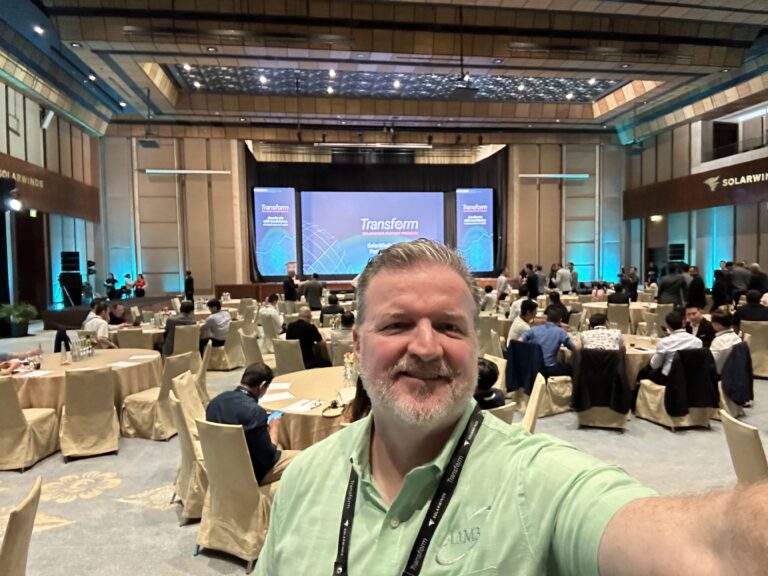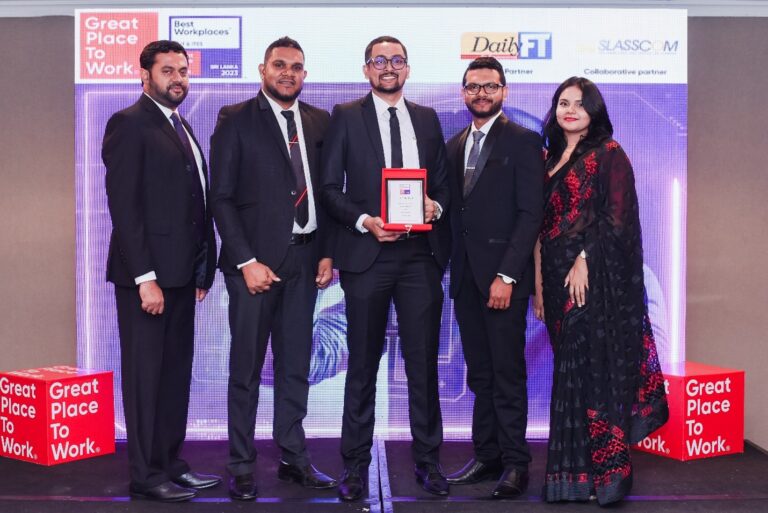In the ever-evolving landscape of digital transformation, the shift from conventional monitoring to observability has emerged as a game-changer for businesses of all sizes. While monitoring has been the traditional approach to system, application, and infrastructure oversight, the rapid evolution of technology has rendered it insufficient for ensuring optimal performance and reliability.
In sharp contrast, observability presents a more comprehensive strategy that allows businesses to gain a deeper understanding of their systems and applications. It involves collecting and analyzing data from diverse sources, including logs, metrics, traces, and events. The synthesized data is then harnessed to proactively identify and mitigate issues and potential challenges before they escalate into critical problems that impact users.
See blog post – Observability and Monitoring—Siblings, not Rivals
One of the key benefits of observability is that it provides businesses with a more holistic view of their systems. This broader perspective allows for the identification of patterns and trends that may not have been apparent through monitoring alone.
Observability focuses on the output of a service as well as the components across the full technology stack. For example, observability can enable businesses to identify the root cause of a problem by tracing it back through the system to the code level, even if the infrastructure is not impacted.
Loop1’s Monitoring Maturity Model (L1M3 ‘pronounced LIME’) framework combined with Observability tools such as SolarWinds Hybrid Cloud Observability or SolarWinds Observability allows businesses to be more proactive in their approach to monitoring, maintenance, and troubleshooting. By identifying potential issues before they become critical and having L1M3-driven processes in place, businesses can take action to prevent downtime and minimize the impact on their operations in an instant.
These factors, amongst many more, are enabling the progression from reactive monitoring to proactive observability, and it represents a significant shift in the industry. It reflects the growing importance of data-driven insights and the requirement for businesses to be more proactive in their approach to system management.
As technology continues to evolve, observability is becoming an increasingly critical business service for all organizations looking to stay ahead of the digital transformation curve. Are you ready to embrace Observability?
We invite you to connect with Loop1 and SolarWinds at DTX Europe 2023, the UK’s largest Digital Transformation event, at the ExCeL Centre in London from October 4-5 – Stand J44.
Discover why SolarWinds is the only observability, ITSM, and database management platform you need and how Loop1 can assist you along your journey to insightfulness and success with data-driven decisions.
Greg Forsyth
Principal Solutions Strategist
Loop










